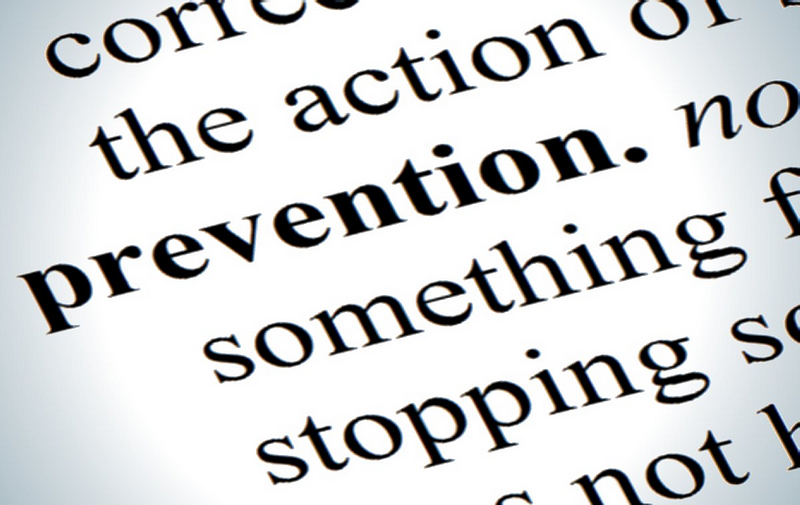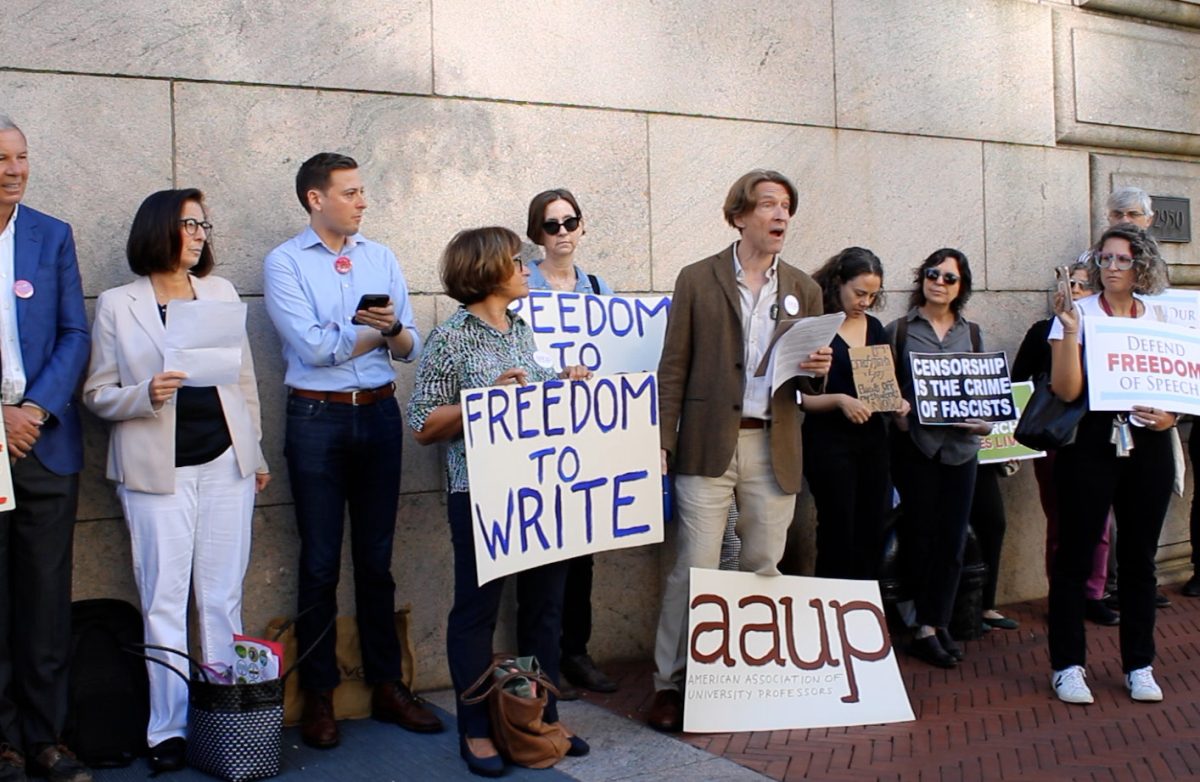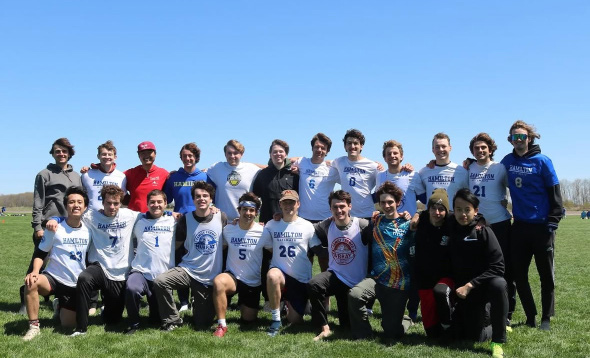
As the end of my second year at Hamilton begins its sultry decline, I find myself reflecting on the year and on the community that I’ve worked so hard to build a home in. Last year around this time, I wrote an article about how it was necessary for an increased focus on mental health. I’m proud to say that in the year since publishing that article, the Hamilton community and Administration has made leaps and bounds in changing policies and increasing the conversations about mental health. There are of course those who do not see this progress, but that is beside the point.
The focus of this article is sexual misconduct on Hamilton’s campus and the pervasive culture that allows for the perpetuation of this misconduct. I will be focusing on the student side of this problem. The choice to focus on student and bystander intervention stems from my own experiences with sexual misconduct on this campus as well as a belief that our actions and choices, not those of the Administration, will make the biggest difference.
My reasoning for this is simple: The policies in place are fundamentally reactive and not proactive. The policies that are in place are structured to address alleged incidents after they occur, not to prevent them. The argument that if reactive policies were more stringent they’d become deterrents is not one I place stock in. Streaking, drinking under the age of 21, possessing a fake ID, smoking marijuana, and many other activities that Hamilton College students partake in are against policies and they are disciplined when appropriate. Before you comment angrily or share this article with a rant on Facebook: No, I am not equating sexual misconduct or sexual assault with drinking illegally. The point I’m making is that reactive policies are clearly not sufficient deterrents for students on this campus.
Every student that comes to Hamilton receives Title IX Fundamental training, an introductory training to the Harassment and Sexual Misconduct Policies of the school. Additionally, all athletes, EMTs, RAs, Peer Counselors, and leaders of Student Organizations are mandated to receive this training. The most recent statistic that I’ve seen is that 1,428 students have attended this training in the 2017–18 academic year. Training does not mean anything if students do not internalize what they’ve learned and change their behavior. Despite the conversations that are held on this campus sexual assault and misconduct is still rampant.
According to Hamilton’s Climate Survey, over a quarter of students experience sexual harassment and 2–4 percent experience forcible penetration each year. This is unacceptable. When assigning blame or looking for an explanation as to why this occurs, I look to the student body. I look to the Village Tavern, the conversations I overhear in Commons, and the ubiquitous presence of alcohol on Hamilton’s social scene.
When it comes to proper behavior on the weekends or in party environments, there is very little grey area. Under no circumstance is it appropriate for you to move another human being by their hips or waist at the VT when you’re trying to move by them. In no universe is it acceptable to call a girl a “bitch” because she doesn’t have sex with you if you take her to a formal event. Why anyone thinks that being drunk is an excuse for walking up to a girl and grabbing her without any warning or conversation baffles me.
The context of drinking or a party environment does not mean that the rules surrounding what is and what is not acceptable changes. I can’t speak for any of you, but if I saw someone in Commons do what is considered normal behavior at VT, I’d be appalled. Supplying someone with liquor to “loosen them up” and make them more likely to have sex with you is not acceptable. If someone isn’t willing to hookup with you on a random Tuesday night then a 2 AM, then a drunken hookup probably isn’t the best thing for either of you. Many college men perceive women who drink in bars as being sexually promiscuous and, therefore, appropriate targets for sexual aggression. The law states that a person who is incapacitated is legally unable to give consent to sexual activity. Period, full stop.
The only way that the culture and conversation on this campus will change is if individuals take a stand when they see someone acting inappropriately. I realize that this can be hard to do, especially when the person violating another’s space is an older member of your team or Greek society. However, something being hard is not an excuse for not speaking up. If you witness something, you are accountable. It is your responsibility to look out for your friends and community when you’re on this campus.
As of Feb. 27, every winter and spring athlete has received bystander intervention training from Cori Smith, the Title IX Prevention and Education Coordinator. A huge amount of appreciation is due to the Hamilton Athletics Program for sponsoring this training. Athletes were chosen not because they report or are reported more often, but because athletes are student leaders, and the NCAA requires Division III athletes to receive sexual violence prevention training. This bystander intervention training has also been presented to members of Student Assembly, and will be received by members of the Delta Chi fraternity in the coming weeks. 443 students have taken this 90-minute course. Of the respondents to the post-course survey 94 percent said that they feel more prepared and empowered to intervene in instances of sexual misconduct.
Eliminating stigma around alcohol-involved sexual victimization is essential to supporting victims. Survivors of sexual assault, especially when the circumstances surrounding the assault involve alcohol, often fear that they will not be believed or will be blamed. As students we need to fight this stigma. Validating the experience of survivors and recipients of unwanted misconduct is imperative if we are to change the culture on this campus. It is time to stop normalizing drunken advances in suites and in the VT. On Monday, members of Student Assembly, as well as Liaisons to Student Assembly, met to receive bystander intervention training. At one point in the conversation, an Assembly member brought up the paradigm surrounding Greek life formals. She posited that it is time to stop the “all or nothing” approach to formals. Gordon went on to say that she, and many of her friends, were told as first-years that when they ask someone to a formal event or are asked, that it is either explicitly as friends or accompanied by an expectation of a hook up. I strongly agree with this point and if there are any of you out there that think sex is obligatory after a formal evening than I’d encourage you to change your mind.
Sam Gordon ’19 has weekly meetings with Smith in her capacity as one of the leaders of SAVES and the Liaison to Student Assembly. When I asked her what the biggest thing she saw as an impediment towards chipping away at the culture surrounding sexual violence, she said, “Some bad behaviors are really embedded into social culture here to the point that people don’t recognize that their actions are inappropriate.” Gordon went on to say that group trainings like the bystander intervention training are going to help chip away at this problem. One student-athlete who completed the post-training survey reported, “Being at Hamilton normalizes a lot of sexual encounters that are not okay, but stepping back and looking at those situations through discussions like this help me understand my own stance on these situations.”
Last year, I wrote an article that touched on alcohol and sexual assault briefly and a large amount of negative feedback came from men who felt targeted. If this article makes you feel uncomfortable with your behavior: good. Be better.
In the Student Assembly training, Smith shared her belief that: “It’s not how things go here, it is how we make them.”
Lets make them better together.

















